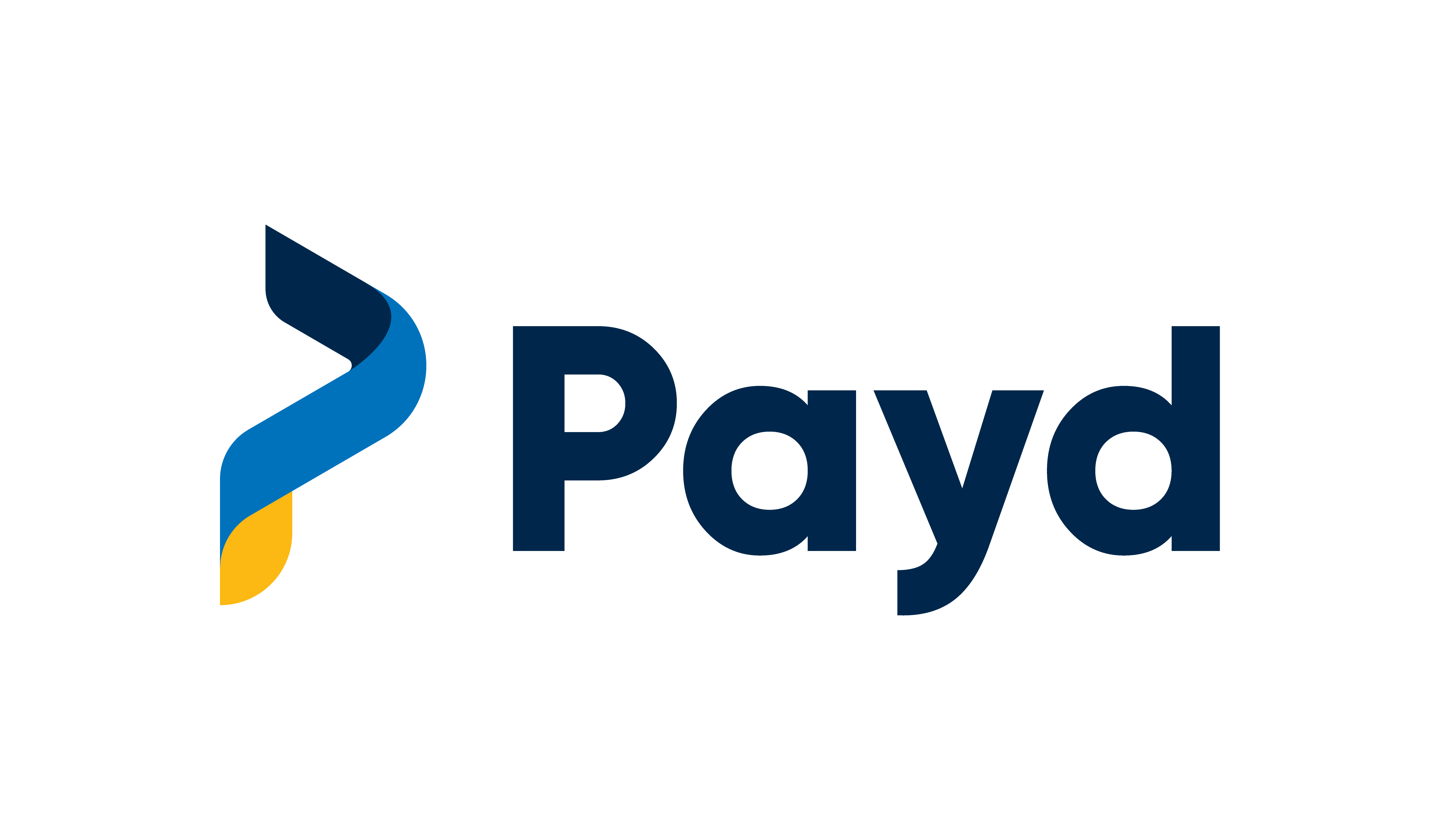Fostering a culture of financial accountability in the workplace can have a positive impact on your employees’ overall wellbeing, job satisfaction, and productivity. When employees take ownership of their financial wellbeing, they feel more empowered and in control of their financial situation.
Here are some suggestions for creating a culture of financial accountability in your workplace:
1. Set SMART financial goals
Encourage your employees to set SMART financial goals, which are Specific, Measurable, Achievable, Relevant, and Time-bound. This will help them create a clear roadmap for achieving their financial objectives and increase their sense of accountability.
Setting SMART financial goals is an important step towards fostering a culture of financial accountability in the workplace. SMART goals are Specific, Measurable, Achievable, Relevant, and Time-bound, and they can help your employees create a clear roadmap for achieving their financial objectives.
Here’s how to encourage your employees to set SMART financial goals:
Specific
Encourage your employees to set specific financial goals. Rather than setting a general goal to “save money,” encourage them to set a specific goal, such as “save £1000 for an emergency fund.”
Measurable
Encourage your employees to set goals that are measurable. This means setting goals that have a specific target, such as “pay off £500 of credit card debt in six months.”
Achievable
Encourage your employees to set achievable goals. This means setting goals that are challenging but realistic. For example, setting a goal to “pay off all debt in one month” may not be achievable, while setting a goal to “pay off one credit card in six months” may be more realistic.
Relevant
Encourage your employees to set goals that are relevant to their overall financial objectives. For example, if an employee’s overall financial objective is to save for a down payment on a house, their specific financial goal may be to “save £10,000 for a down payment in two years.”
Time-bound
Encourage your employees to set goals that are time-bound. This means setting a specific timeframe for achieving the goal. For example, “pay off £500 of credit card debt in six months” is time-bound because it has a specific timeframe for completion.
2. Track progress over time
Encourage your employees to track their progress towards their financial goals over time. Tracking progress over time is an important step in fostering a culture of financial accountability in the workplace. By encouraging your employees to track their progress towards their financial goals, you can help them stay on track and make any necessary adjustments along the way.
Here’s how to encourage your employees to track their progress:
Regular check-ins
Encourage your employees to have regular check-ins with their managers or a financial coach. This can help them stay accountable and receive support and guidance as needed.
Progress reports
Encourage your employees to create progress reports that track their progress towards their financial goals over time. This can help them identify any areas where they may be falling behind and make adjustments to their plan as needed.
Goal tracking apps
Encourage your employees to use goal tracking apps that can help them track their progress towards their financial goals. There are many free apps available that can help your employees set and track their financial goals, such as Mint or YNAB (You Need A Budget).
3. Celebrate financial milestones
Celebrating financial milestones is an important part of fostering a culture of financial accountability in the workplace. By recognising and celebrating your employees’ financial achievements, you can encourage accountability and motivate them to continue making progress towards their financial goals.
Here are some ways you can celebrate financial milestones with your employees:
Acknowledge achievements
When an employee reaches a financial milestone, take the time to acknowledge their achievement. This could be as simple as sending them an email or a message of congratulations. Make sure to also highlight the positive impact their achievement has had on the business and their colleagues.
Reward achievements
Consider rewarding your employees for reaching certain financial milestones. This could include a bonus or an additional day off work. By rewarding your employees for their financial achievements, you can encourage accountability and motivate them to continue working towards their goals.
Share success stories
Share success stories of employees who have achieved their financial goals with the rest of the team. This can help inspire others and create a sense of community around financial wellness in the workplace.
4. Offer financial coaching
Offer financial coaching or education to your employees to help them build financial literacy and make informed decisions about their financial situation. Financial coaching can help employees identify their financial goals, create a budget, and make a plan to achieve those goals.
5. Lead by example
As an employer, it’s important to lead by example when it comes to financial accountability. This could include providing transparent communication about the company’s financial goals and performance, as well as offering financial education and resources to employees.
Creating a culture of financial accountability in the workplace is crucial for empowering your employees and promoting their overall wellbeing.
By setting SMART financial goals, tracking progress over time, celebrating financial milestones, offering financial coaching, and leading by example, you can help your employees take ownership of their financial wellbeing and make positive changes.











